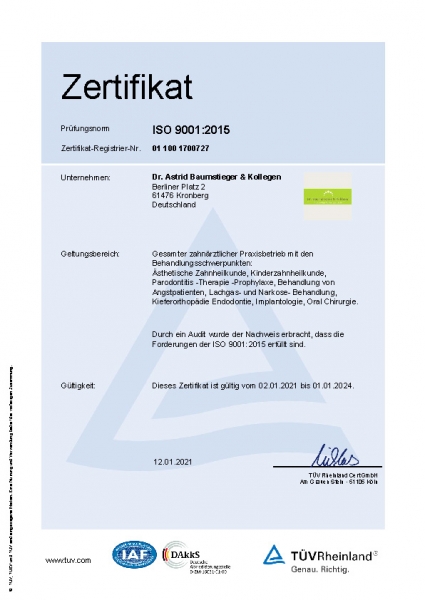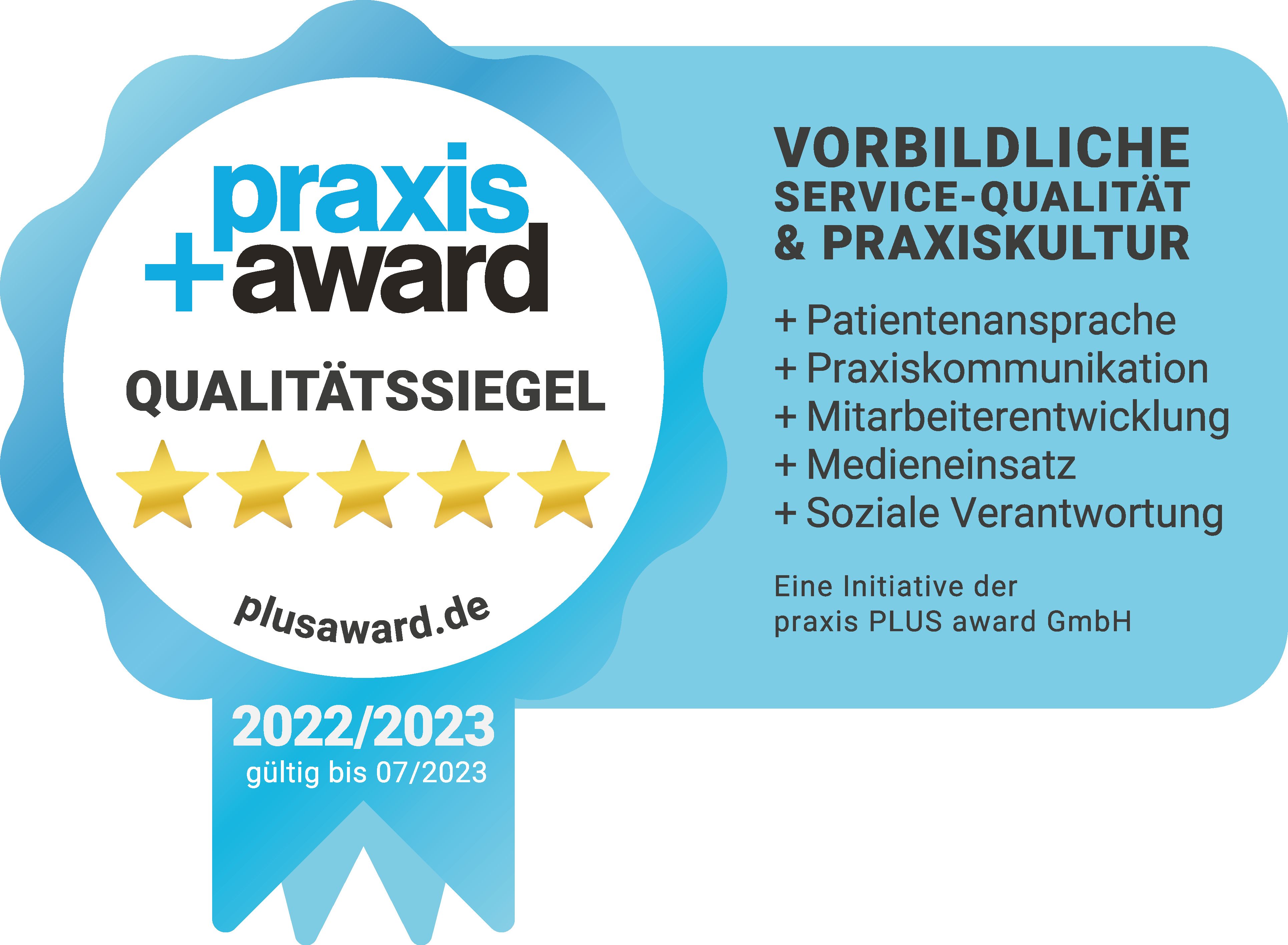Pregnancy and oral hygiene
Pregnancy is wonderful for the expectant mother. The joy you feel for your baby is great. Most women are very careful when they are pregnant. They want to do everything right by themselves and by their baby. Your teeth need special treatment, too, when you are pregnant. Introducing our 7-step approach for expectant mothers.
1
The body undergoes changes

Requirements for dental products
Women’s bodies undergo rapid changes during pregnancy. Hormonal changes affect the cardiovascular system (cardiovascular changes), the respiratory system (respiratory changes) and your metabolism (metabolic changes).
We pay special attention to these physical characteristics when treating pregnant women. Many think about the importance of protecting the unborn baby in terms of using the correct medication. It is just as important to take extra care with the medication that the mother receives as this will need to be adapted to reflect changes in her metabolism. We have a great deal of experience in this area with the countless pregnant women we have treated and cared for.
2
The correct position

Sitting in a comfortable position when you are pregnant and visiting the dentist
Many pregnant women are all too familiar with the following: shortness of breath, sweating, and nausea. No wonder. Women's hearts and circulatory systems are under immense pressure to perform in addition to the strain placed on them by hormonal changes.
The patient’s blood pressure and pulse may drop slightly as a result of the increase in the volume blood produced by the body during pregnancy. That is why we suggest that our pregnant patients sit in a comfortable position. We will position the patient on their left side and support their right hip with a pad where necessary. We are also able to treat patients who are heavily pregnant by positioning them in this way.
3
Bleeding gums during pregnancy

Preventing bleeding gums (pregnancy gingivitis)
The gums are particularly sensitive while you are pregnant as a result of hormonal changes. Bacteria multiplies particularly well as a result of these hormonal changes.
You can prevent your gums from bleeding while you are pregnant by paying a visit to your hygienist. We assist our patients throughout pregnancy and have achieved very good results in recent years. A healthy mum equals a healthy baby.
4
Preventing periodontitis (gum disease)

Reduce the risk of premature babies
Countless international studies have proven that gum diseases (periodontal diseases) increase the risk of premature births (Philstrom et. al.: 2005, XIONG et al.: 2006). One thing is certain: it is important to undergo prophylaxis treatment before falling pregnant.
You should avoid periodontal treatments as much as possible when you are pregnant as these can place too much strain on the body and, as such, they pose a potential risk.
5
Pregnancy-related treatments

The effects on your teeth and gums
Some pregnancy-related treatments will also have an effect on your teeth. For example, a potential side effect of taking medication that inhibits contractions is an overgrowth of gum tissue around the teeth (gingival hyperplasia). This will disappear on its own if you stop using the medication.
But this often makes it so difficult for patients to brush their teeth properly. We recommend that you rinse your mouth with a chlorhexidine mouthwash to combat this. You can use these types of mouthwash for months without any reservations.
6
When saliva becomes acidic

Damage to the structure of the tooth
Saliva also changes during pregnancy. Higher levels of protein (protein concentration) are produced, and the increase in enzyme activity and reduction in the PH value makes the saliva acidic.
This makes the teeth more sensitive to cavity-causing bacteria (cariogenic agents). Food that is low in sugar and starch helps to fight against this. We also recommend that you have your teeth cleaned professionally on a regular basis.
7
Good for mothers’ teeth

Fluoride is not harmful to children
The placenta serves as a barrier to high concentrations of fluoride in the mother's blood. In light of this, fluoride will not improve caries protection for the child, but it can for the mother.
Studies also show that fluoride has not been found to increase in breast milk. That is why the following also applies when you are pregnant: clean your teeth with a fluoride toothpaste.




